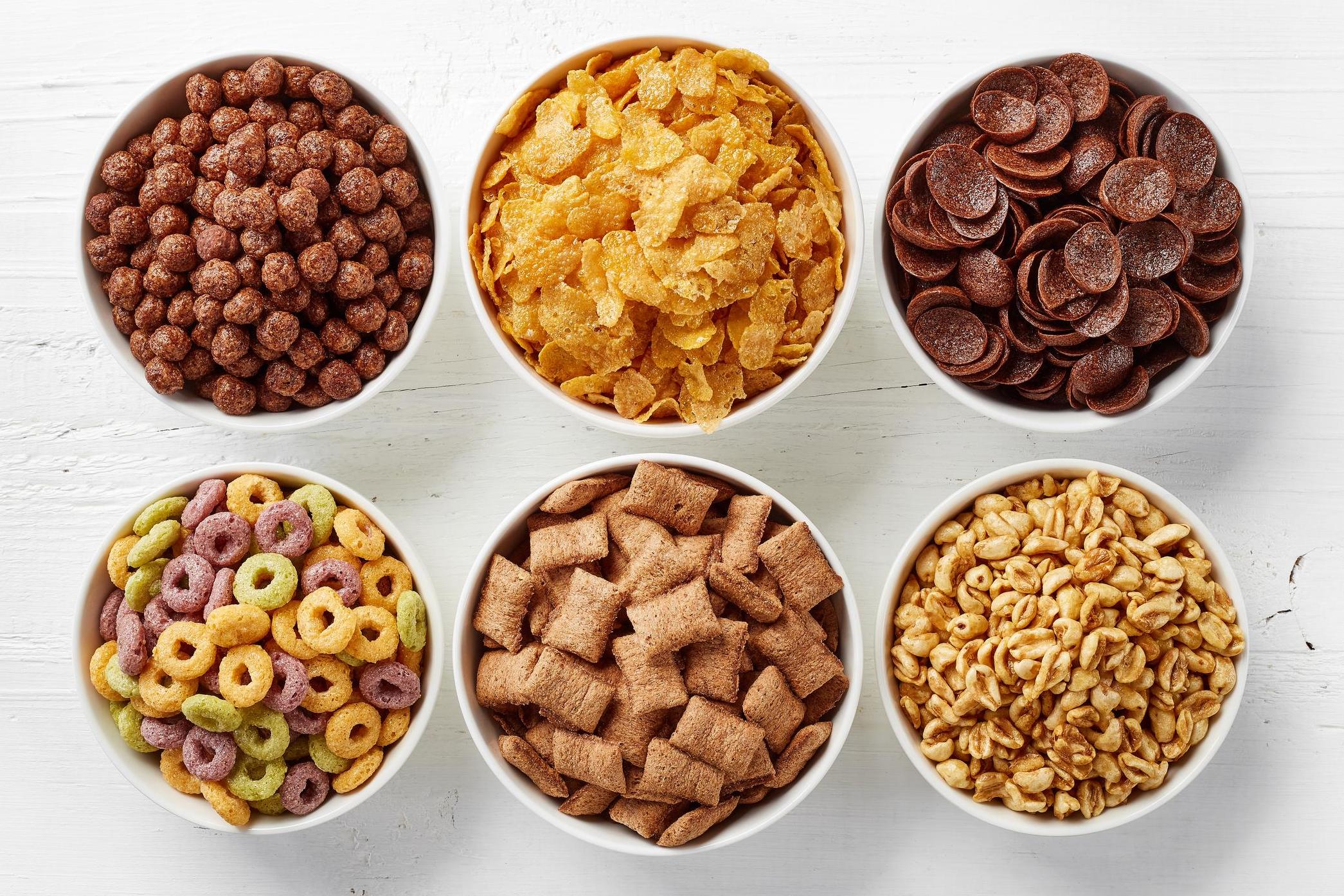Why breakfast cereals aren't always vegan-friendly

Your support helps us to tell the story
From reproductive rights to climate change to Big Tech, The Independent is on the ground when the story is developing. Whether it's investigating the financials of Elon Musk's pro-Trump PAC or producing our latest documentary, 'The A Word', which shines a light on the American women fighting for reproductive rights, we know how important it is to parse out the facts from the messaging.
At such a critical moment in US history, we need reporters on the ground. Your donation allows us to keep sending journalists to speak to both sides of the story.
The Independent is trusted by Americans across the entire political spectrum. And unlike many other quality news outlets, we choose not to lock Americans out of our reporting and analysis with paywalls. We believe quality journalism should be available to everyone, paid for by those who can afford it.
Your support makes all the difference.Despite being labelled as “suitable for vegetarians” and containing no animal products as primary ingredients, a number of popular breakfast cereals have been uncovered as unsuitable for vegans.
The reason why breakfast cereals such as Cheerios and Rice Krispies do not carry the vegan logo might be because they are both fortified with either vitamin D3 or vitamin D2.
While the latter is always plant-based-friendly option, the former can be derived from animal sources such as sheep's wool and, according to The Vegan Society, there’s no way of telling which has been used without contacting the manufacturer.
“This presents issues for vegans, who make every effort to avoid animal products,” said a spokesperson for The Vegan Society.
“We urge manufacturers to opt for vegan sources of vitamin D, and to label the ingredient clearly.
“Consumers can also look out for products carrying the Vegan Trademark that indicate that the product meets The Vegan Society’s standards.”
Roughly a quarter of Brits suffer from vitamin D deficiency, hence why so many cereals are fortified with the essential nutrient which is crucial for bone, teeth and muscle health.
However, not all mainstream cereals are fortified with vitamin D.
For example, Shredded Wheat is suitable for vegans and does not contain the vitamin. However, it does not carry a vegan label, the reason for which would need to be clarified by the manufacturer, a spokesperson for The Vegan Society told The Independent.
"It may be that the product is not vegan due to containing whey powder, honey, etc. Or it may be that the product is vegan but is simply not labelled as such," they explained.
"Many manufacturers have not taken the step to label their vegan products as vegan because they do not recognise the positive impact this could have on their customers and their business."
In addition to the number of vegan-friendly cereals and granolas available in boutique health food shops, Kellogg’s released a plant-based range of products in 2017 under the name W K Kellogg, complete with new branding and packaging.
These include two flavours new flavours of granola, both of which are made with no added sugar.
“Kellogg’s provides a choice of cereals, including the WK Kellogg range which is suitable for vegans. This is labelled on packs,” a spokesperson said.
“Our cereals that contain vitamin D are clearly labelled and follow the EU and UK labelling laws.”
Join our commenting forum
Join thought-provoking conversations, follow other Independent readers and see their replies
Comments